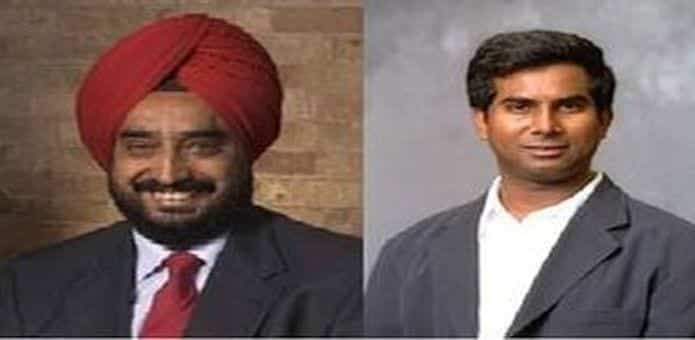Table Of Contents
Two Indian engineers, alumnus of BITS Pilani, sued Apple and won
A U.S. jury on Friday ordered Apple Inc to pay the University of Wisconsin-Madison’s patent licensing arm more than $234 million in damages for incorporating its microchip technology into some of the company’s iPhones and iPads without permission. The amount was less than the $400 million the Wisconsin Alumni Research Foundation (WARF) was claiming in damages after the jury on Tuesday said Apple infringed its patent for improving the performance of computer processors.
Not many know that it is two Indians who caused this millions of dollars grief to Apple. Professor Gurindar Sohi and Terani Vijaykumar, were part of a team that won a huge case against technology giant Apple in the US this week.
The US federal jury ruled that Apple had illegally used technology which was patented by Sohi and Vijaykumar along with two others, when Apple was developing processors for its iPads and iPhones. The University of Wisconsin’s licensing arm, Wisconsin Alumni Research Foundation (WARF), had filed the lawsuit which included the two Indian engineers. According to the lawsuit, Apple had used their patented technology to ‘enhance efficiency and performance’ of its signature products.
Let us know a bit more about these two gents :
Both, Sohi and Vijaykumar did their undergrads from the renowned Birla Institute of Technology (BITS) Pilani in Rajasthan. After completing their studies in India, they moved to US for graduate studies. Vijaykumar obtained his doctorate in computer science at the University of Wisconsin in 1997 and is now a professor of electrical and computer engineering at Purdue University in Indiana. While Guri Sohi received a Ph.D in electrical and computer engineering from the University of Illinois.
How did they help WARF win $ 234 million ?
- Sohi and Vijaykumar were part of a team of four engineers who created a “Table based data speculation circuit for parallel processing computer” that Apple eventually used to “enhance efficiency and performance” of its iPhone and iPad processors, according to the complaint.
- Sohi was the lead engineer of the project, which was granted a patent in the US in 1998.
- According to the complaint filed by WARF in the Wisconsin court, the patented work “has been recognized as a major milestone in the field of computer microprocessor architecture/design.” It improves the power efficiency and performance in processors with the help of a “data speculation circuit.”
- The jury ruled that Apple infringed upon all of the six patents in WARF’s complaint and rejected Apple’s request to prove patent invalidity.
- WARF had sued Apple for a sum of $862.4 million, but the jury awarded only $264 million to the WARF team.
Though Apple escaped with more than a $500 million cut in the jury award, this judgement opens doors for many more such patent awards.

